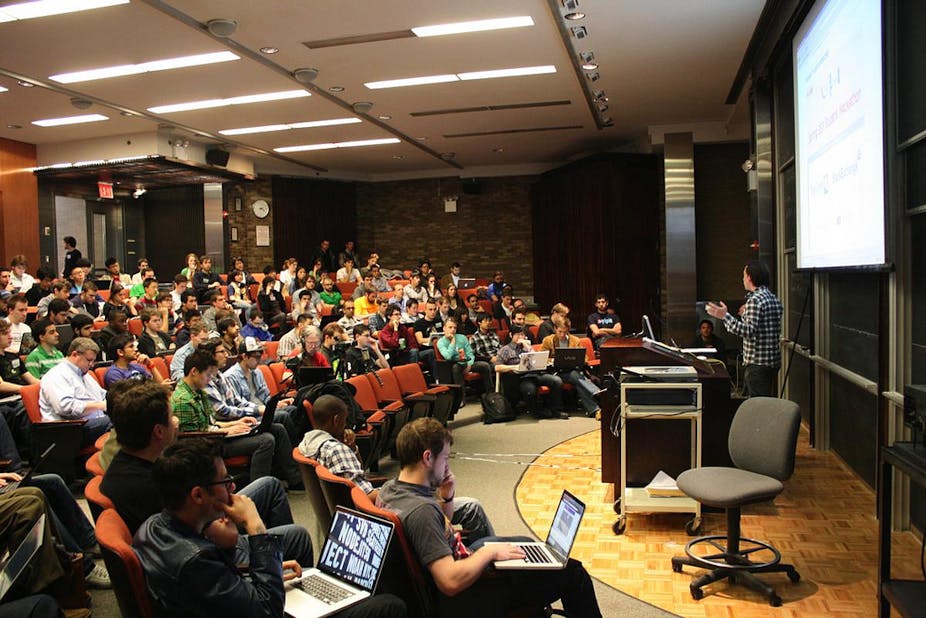Casual academics are deeply pessimistic about the prospect of ongoing employment, according to a study that shows only one in four are confident of taking on a continuing contract in the next five years.
The study by Griffith University PhD candidate Robyn May, who surveyed 3100 casuals in 19 institutions, found that although 54% of casuals - and 64% among those who have a PhD - aspired to take a continuing academic position, only 27% expected it. Women were slightly more pessimistic than men.
“It is a picture of thwarted ambition, and wasted talent and investment in particular for those who had undertaken PhDs with the specific purpose of pursuing an academic career,” said Ms May, who presented her findings at the Future of Higher Education Conference at the University of Sydney.
“The results reflect a genuine concern about the availability of jobs in the sector.”
Among those who responded to the survey, 36% said that casual academic work was their main source of income. A further 25% rely on a scholarship for their income.
Most undergraduate teaching in Australia is performed by hourly paid staff, according to Unisuper data, which shows that there are an estimated 67,000 casual staff working in universities.
The most recent figures from the Department of Employment and Workplace Relations show that the estimated number of casuals employed for teaching and research increased by 7.9% from 2008 to 2009, and 6.1% from 2009 to 2010. Over the same periods, full-time and part-time teachers increased by 4.2% and 2.9%.
The shift by universities towards casuals, who now make up about 60% of academic staff, has drastically undermined teaching quality, Ms May said. Her research suggested that “this impact on teaching quality is being mediated by two very concerning factors - either institutional exploitation or self exploitation, that is over-work by the casuals themselves”.
“There is no doubt that in the current uncapped environment we will see further expansion of casual work … as the business of teaching is largely left to the most marginalised group of staff.”
One casual who was interviewed for the study said that when he took into account unpaid overtime - which he felt compelled to provide for the sake of his students and in the hope of a future appointment - he calculated that his hourly rate was “probably about the same as the security guard or cleaner he saw when he worked late”.
Another said she didn’t think of herself as an academic because she was treated differently to ongoing staff in her work area.

